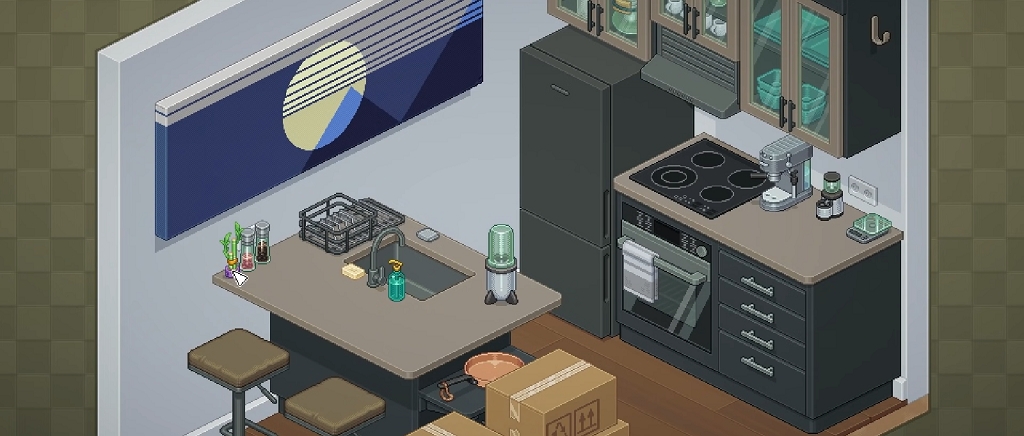When did it stop being okay for a video game to be less than 10 hours long? We know it happened at some point, but the exact moment isn’t entirely clear. As video games have become more expensive to make, filled with more content, and increased in price, we’ve seen this lead to games becoming longer and longer. Fans want the most bang for their buck, and spending $60 to $70 on a game that isn’t at least 20 hours long might feel like a rip-off.
Of course, games are usually going well beyond 20 hours — they typically push into the 30, 40, 50, and even 60-hour range, requiring a significant amount of our personal time to complete. It makes sense for folks who have the time to sink that into a game, but for those with a job, a family, or just any other sort of major responsibility, there isn’t as much time in the day and that 60-hour game becomes a mission more than a pleasure. For the kind of person who only picks up a few new games a year, it’s a reasonable lift, but if you’re the sort of person who likes to play as many games as possible, it takes up time they could be spending on other games.
This is not to say that long games are bad. Some of the best games ever made require the player to sink their entire lives into them and every hour is worth that experience, but as developers feel the pressure to make games full of content, it is leading to an industry where every game being made is requiring us to sell our lives to what we buy. This is also leading to intense backlash when a game doesn’t meet lofty expectations. Sometimes, a game just needs to be as long as it should be, and we need to appreciate shorter games more.
Fortunately, we’re starting to see more opportunities for developers to make games that aren’t quite so large in scope. For starters, we’re seeing a push from fans who are happy to play shorter games with worse graphics if it will mean that dev teams are forced to crunch less. The human element of how difficult it is to make a game and what it can do to developers in a thankless industry has led to fans questioning if getting cutting edge games at all times is really worth it.
On the other end, we’re also seeing an opportunity for players to play shorter games with a lower cost of entry. Services like Game Pass, which costs $14.99 a month, are letting players experience games for a price tag that is far less expensive than dropping $60 on a new game every month or two. This means that when a game comes out that can be completed in only a few hours, it’s not seen as a negative. Instead, it can be quickly enjoyed and the player can choose to move on to a new experience.
We’ve even seen a few games take advantage of this to tell small intimate experiences. Consider the emotional impact Journey or Abzu had — those games didn’t need to be lengthy experiences. They can be beaten in one sitting and in some ways are enhanced by that. There’s a certain joy in sitting down for an evening and beating a game. It’s similar to spending the night watching a movie or maybe binging an entire TV show. Shorter games have a place.
Right now, one of the best short games out there is Unpacking, a delightful little game where the player is tasked with unpacking boxes and decorating a variety of rooms and homes. The game takes a little about 3-4 hours to beat and is about discovering these little details of the person for whom you’re unpacking. It didn’t need to be a 10-hour adventure. It only needed to be as long as it was and it was better for it. Perhaps the best thing about it is how it reminds games that a game doesn’t need to take their life away. All that matters is that it’s done well, no matter how long it takes.

